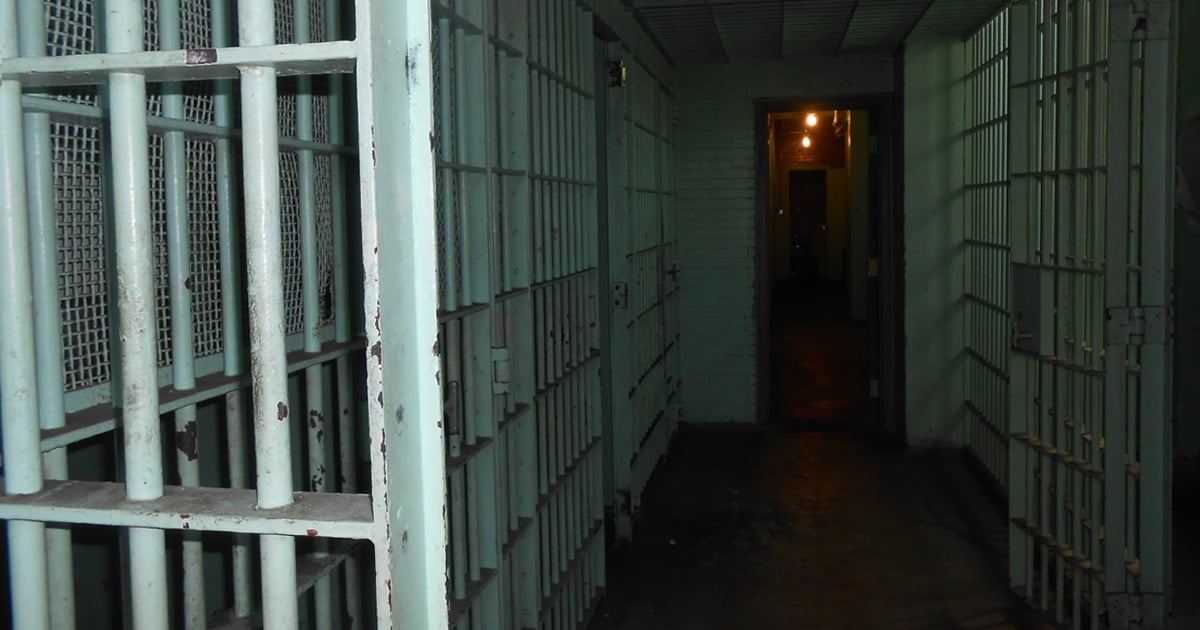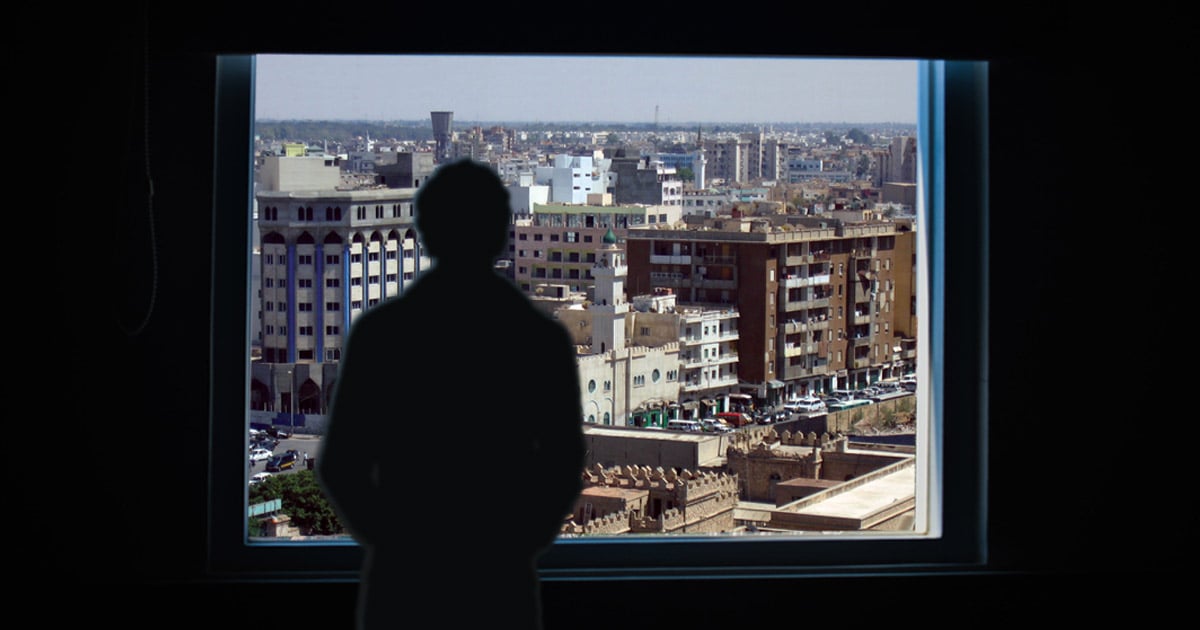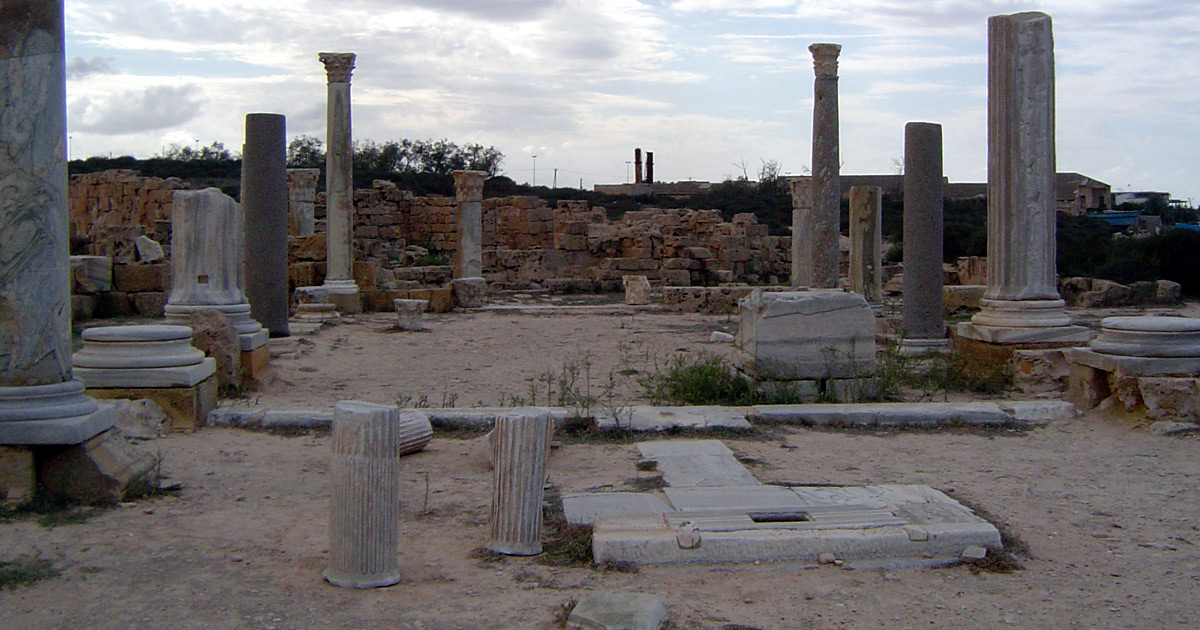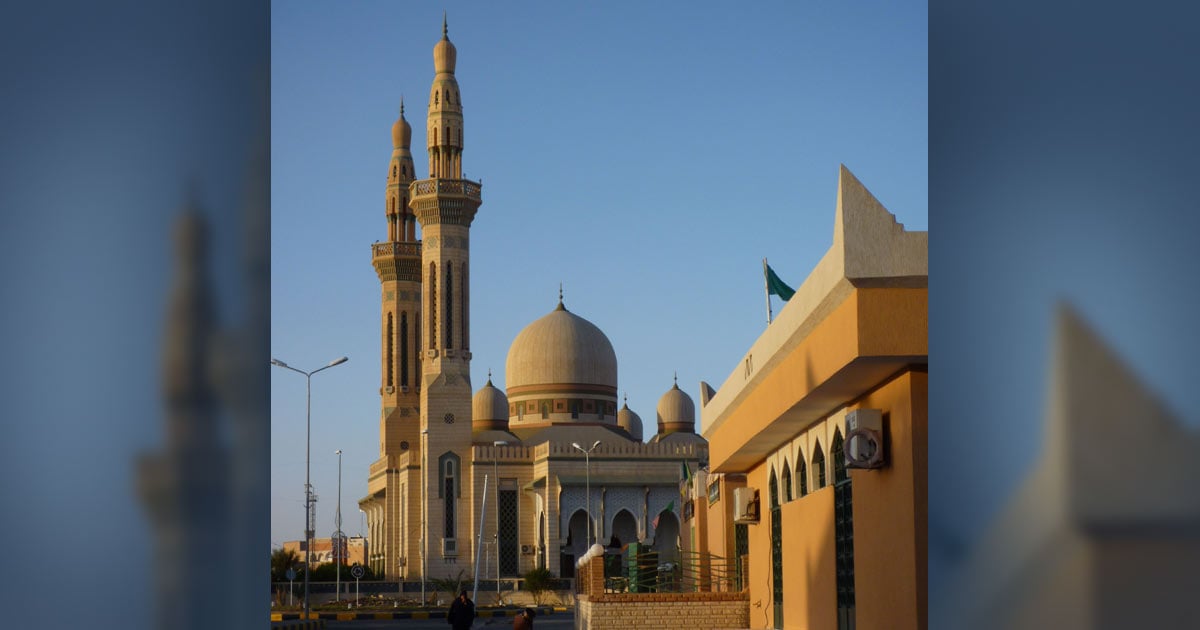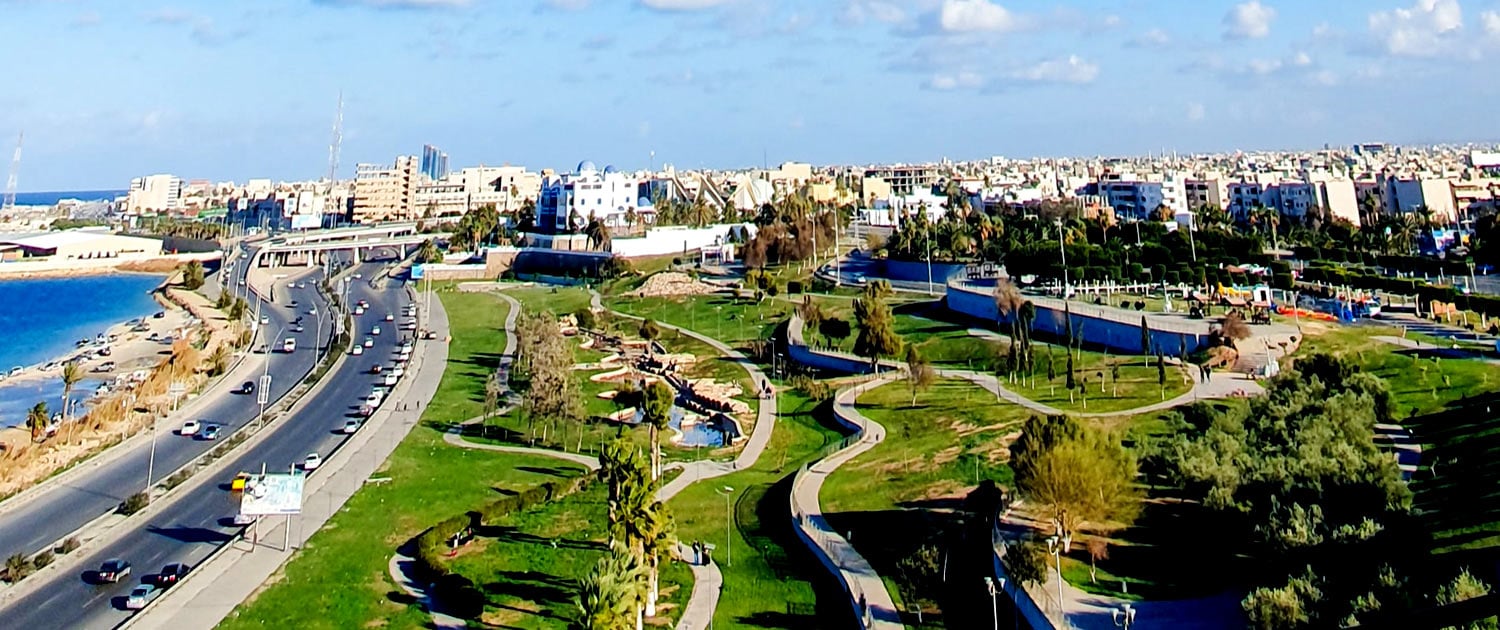
Libya
In 1969, Muammar al-Qadhafi seized power in an atmosphere of animosity toward Western control of the oil industry and single-handedly ruled the country, surrounded by a cult of personality.
Qadhafi was best known around the world for his open hostility toward the West and his sponsorship of terrorist groups. However, because of a failing economy, he has begun to open up to the West, including accepting responsibility for the 1988 bombing of Pan Am Flight 103 over Lockerbie, Scotland. Because of this and other actions, the U.N. lifted sanctions against Libya in September 2003. In December 2003, he agreed to reveal and end Libya’s programs to develop weapons of mass destruction and to renounce terrorism.
In late 2010 and early 2011, unrest in several countries in the region led to pro-democracy campaigns that ousted Tunisia and Egypt’s leaders. The campaigns took place in in Libya as well. Hundreds of civilians died in the crossfire of ongoing battles between Qadhafi-controlled forces in the west and rebel forces in the east, leading to intervention by the international community. The Qadhafi government was toppled in mid-2011 and replaced by a transitional government. Elections were held in 2012 and 2014 but remnants of the former legislature refused to leave office and created a rival government.
A major challenge for Libya has been migrants passing through Libya from sub-Saharan Africa, most heading for Europe. The Christian community is small but growing, though the majority are foreign workers. There are, at present, no laws officially restricting religious freedom, but Islamic law continues to dominate. The presence of ISIS militants is a significant concern. In April 2015, a video was released of Christian migrant workers being beheaded and shot by militants.
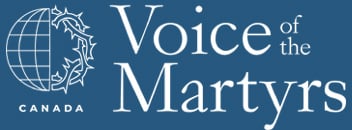
 Population
Population